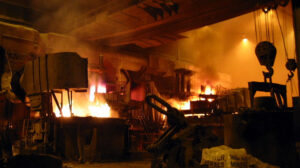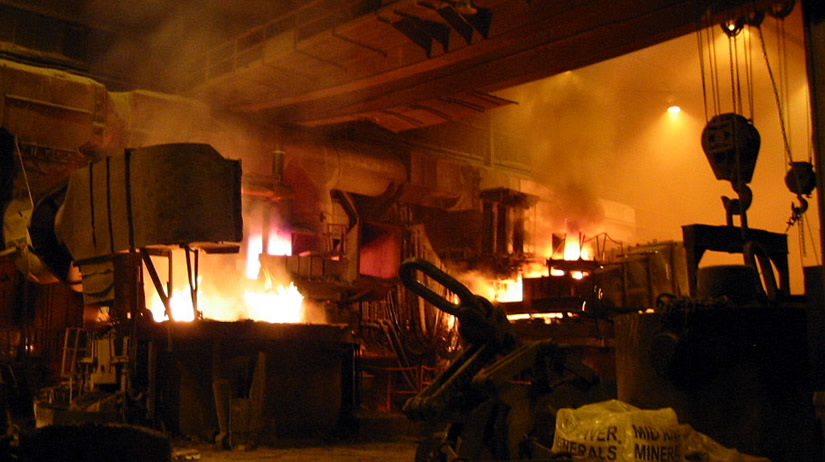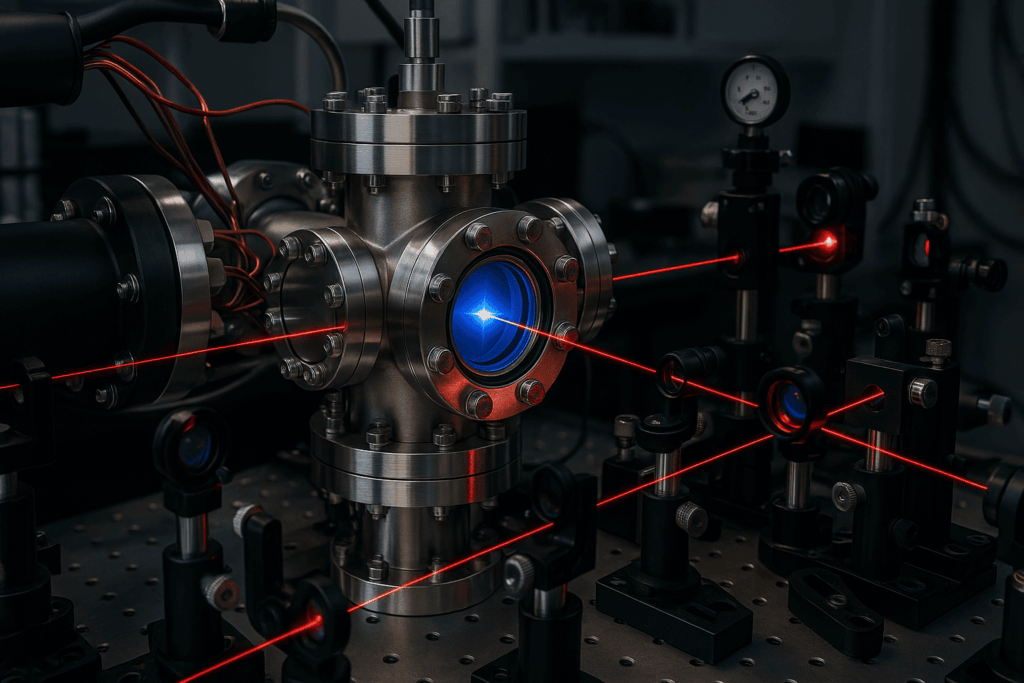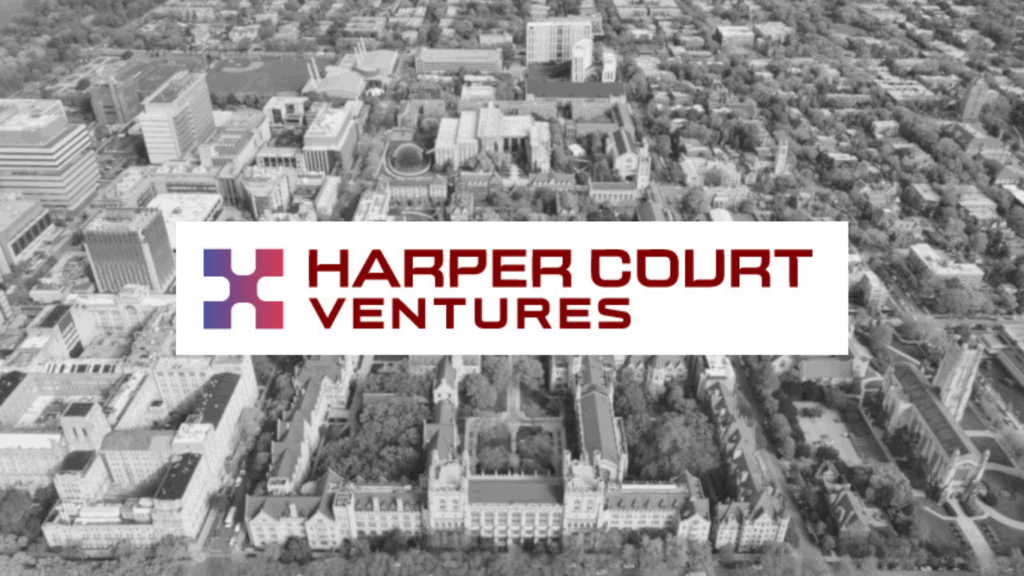
Finding use cases that work on today’s quantum computers is an important step to prove the value of quantum computing. Now a team of researchers from Cambridge Quantum and Nippon Steel report an important advance in that direction.
In a paper published on the pre-print server ArXiv, the team said they were able to accurately simulate hydrogen and iron using algorithms and noise mitigation techniques that could be run on today’s quantum computers. Prior to this, most experiments for material discovery run on today’s machines focused on molecules. Simulating an infinite iron lattice in two phases (where the molecules adopt different physical structures), is so complex it is considered to be inaccessible using classical computational methods.
Today’s quantum computers — often referred to as NISQ, or noisy intermediate-scale quantum computers — are vulnerable to environmental noise, which make them less effective than some classical computers. Although, as these experiments show, that may be beginning to change.
According to the team, scientists — particularly materials scientists and steel makers — simulating periodic infinite iron crystals may prove valuable because carbon is differently soluble in the various phases of iron. This could then lead to to the discovery new types of steel through quantum computer modeling.

The work also establishes a pathway for future investigations. Scientists could use quantum computers to study ways to improve the efficiency of batteries, for example, or better understand superconductivity to help us create safer, more environmentally friendly materials.
They add that it’s not just an advance for industry, but an advance for science. Undiscovered characteristics of iron under high pressure may also hold secrets about the formation and internal nature of our own planet.
The researchers have also confirmed a chemistry-specific noise mitigation method that exploits the symmetries of the system and does not consume quantum resources.
This work also established a potential framework for quantum chemical calculations that can be developed and advanced as quantum hardware continues to improve.
The team was led by Dr. David Muñoz Ramo. They used IBM’s Quantum Falcon Processors for the computations.
















